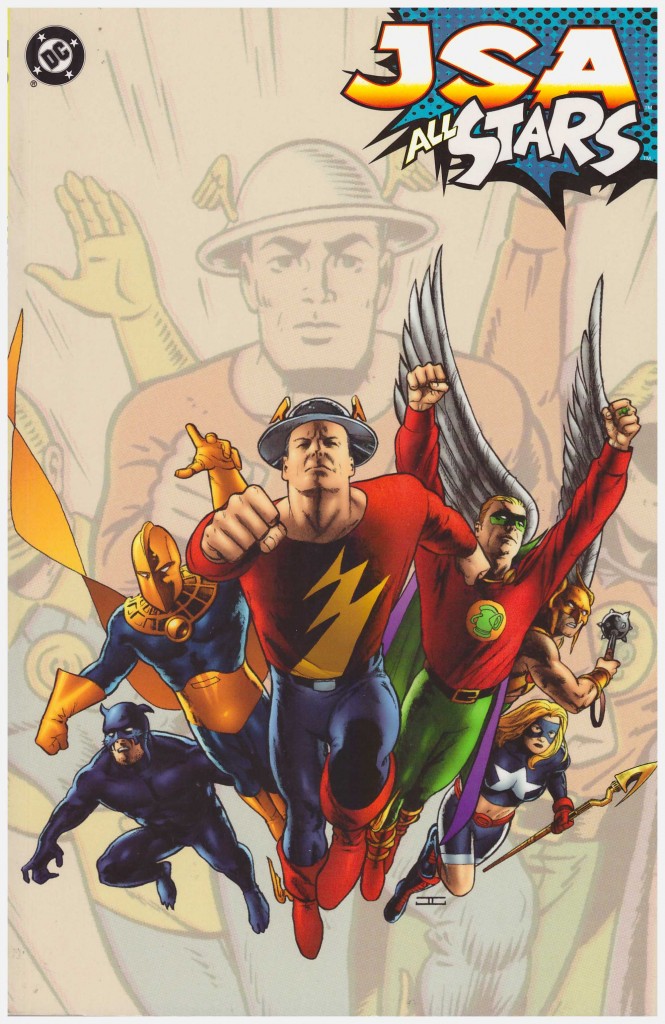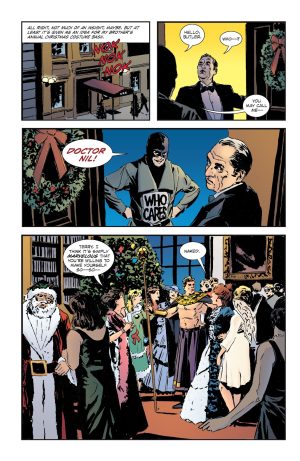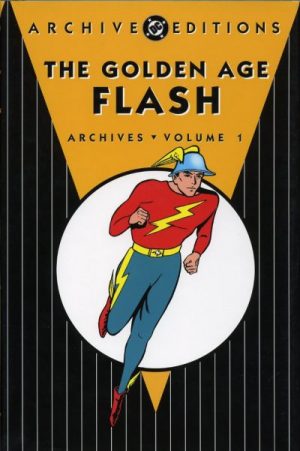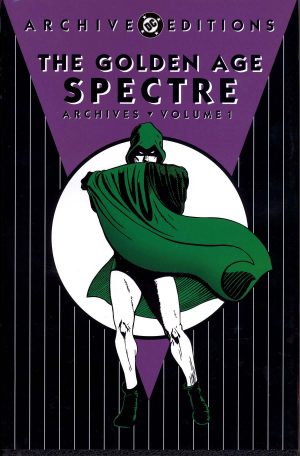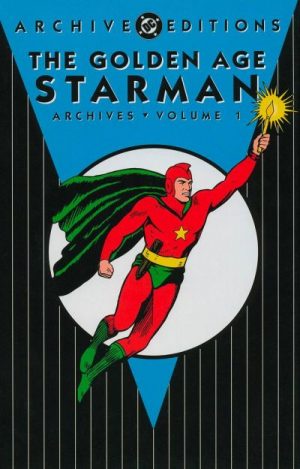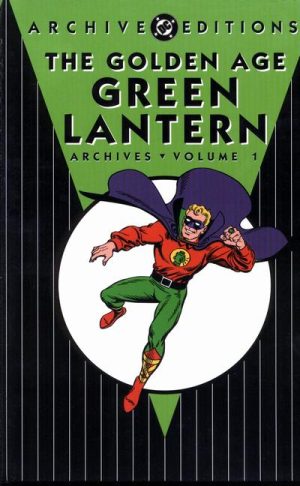Review by Frank Plowright
As highlighted by the title referencing the comic the Justice Society of America once appeared in, legacy is the theme, focusing on the group members who’ve inherited the identity of former heroes. David Goyer and Geoff Johns, then writing the JSA‘s ongoing title, contribute the bulk of the material, but it’s surely not the work either highlights on their CV. When the concluding chapter, in effect, points out the illogicalities of the forgoing story then there’s a problem. To be fair to Johns, this is very early in his career, but Goyer was already an established screenwriter with numerous credits behind him.
The gist is that the team are defeated by the Injustice Society, who then make off with several members. The all-powerful Spectre manifests to inform the remainder they must confront the emotional wounds from their pasts and heal them. Each does so in an individual chapter, delivering secrets, but for the most part inducing a shrug of the shoulders.
Far better is the content spotlighting the original heroes from which the newcomers inherited their names. This is turned over to other creators, the only brief being to set their work in the 1940s. So, while the present day Dr Fate is sitting in a bar wringing his hands about viewing the fates of others, Darwyn Cooke provides what to all intents and purposes could be a story produced in the 1940s, mimicking the layouts, the terse captions and dialogue, but greatly improving on the art.
Other treats include Eduardo Risso illustrating a noir Brian Azzarello script about Doctor Mid-Nite, playing off his blindness, a manic Hourman from Howard Chaykin, and James Robinson and Tony Harris’ Starman. Less successful is Jeph Loeb and Tim Sale’s take on the intense Hawkman as a comedy turn, but the absolute highlight is Michaels Chabon and Lark’s look at Mr. Terrific. Lark also elects to remain faithful to the layouts and style of 1940s strips, while Chabon muses over what it must be like to be the brother of the man to whom everything comes easy. Ned Sloane is singularly responsible for his own misfortunes, swilling about town drunk and in debt, but the story also highlights the flaws of his brother. There’s an ingenious use of costumes, and a satisfying conclusion. These 16 pages redeem the remainder of the content.
These stories are also included in JSA by Geoff Johns Book Three and the first JSA Omnibus.
